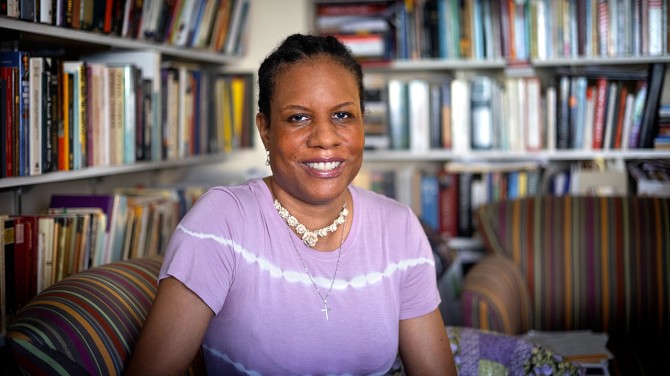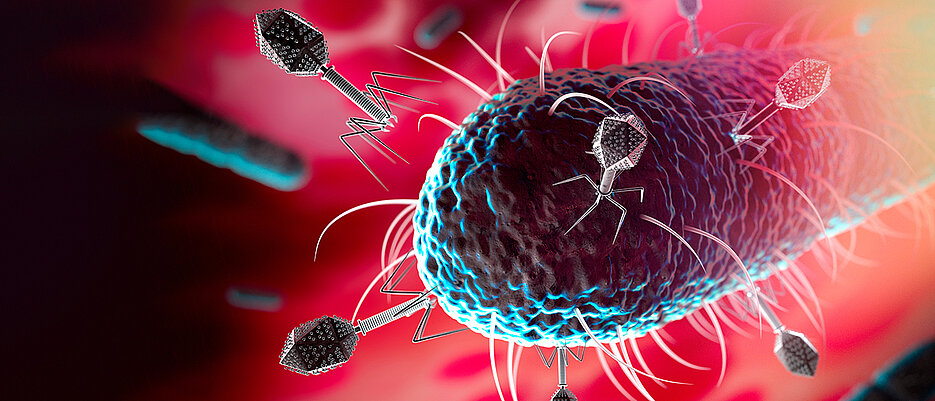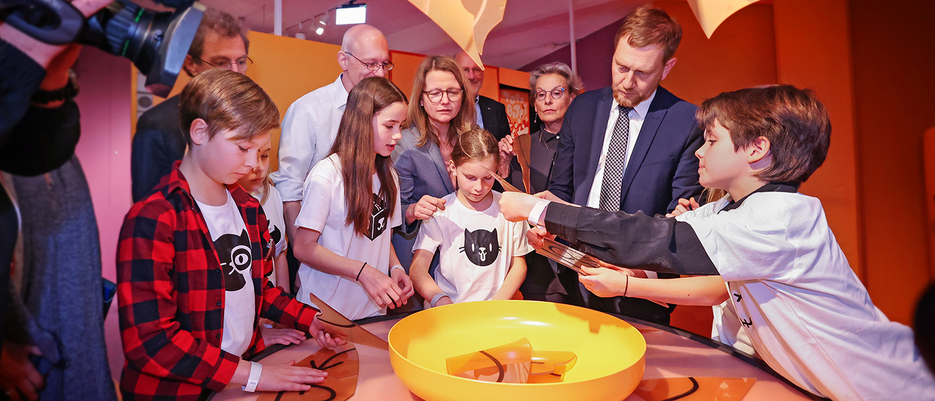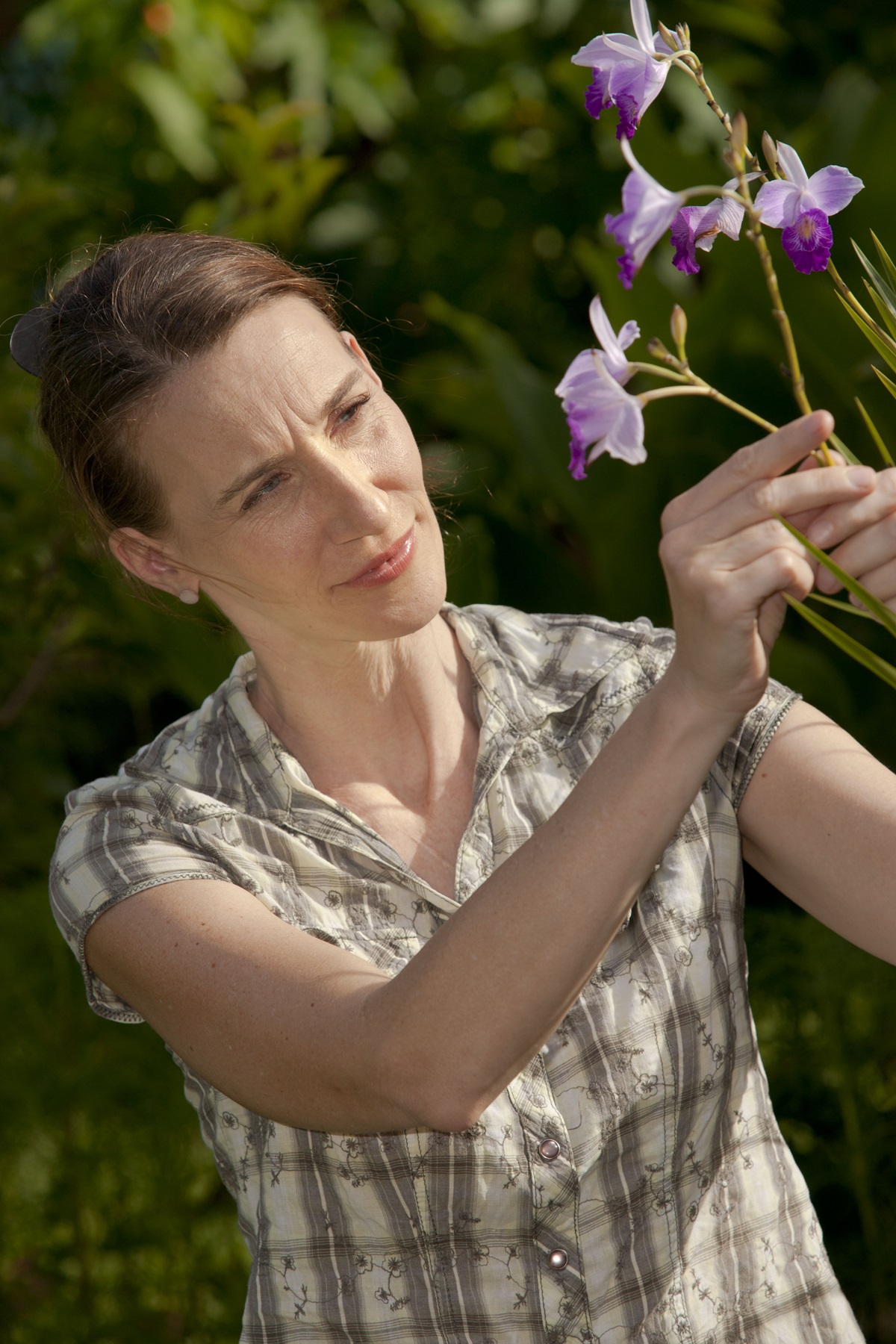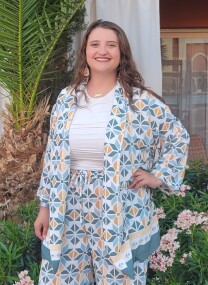
Why are women so frequently targeted with hate speech online?
It’s a question that University of Tasmania lecturer in philosophy and gender studies Louise Richardson-Self (pictured) delved into when writing her book Hate Speech Against Women Online: Concepts and Countermeasures.
“My interest in hate speech was piqued when Senator George Brandis said in Parliament in debates over the Racial Discrimination Act in 2014 that people have the right to be a bigot,” Dr Richardson-Self said.
The former senator said at the time that people had the right to say things that other people find offensive or bigoted in Australia and that there was no law to prohibit the incitement to racial hatred, but that the proposed act would mean the law would be in a better position to deal with such hatred.
“I wondered just what kind of conception of the world and of the people in it must you have if you genuinely believe that it is a stance you can explicitly argue for.
“And as I started to look at the internet I noticed that women, very commonly, were targeted with hate speech. Because misogyny and sexism are specific tools used to oppress women, partly as a form of reprimand and encouraging a style of policing.
Dr Richardson-Self said after six months of studying the Facebook page of the only national print newspaper, The Australian, to see what comments were left by members of the public on various articles there was only a single day in 182 in which she had no examples of misogyny and sexism.
“I thought it was important to occupy the digital space day to day to see what it was like to have this ongoing effect of being in the presence of hate speech against women, even though I was never personally the subject of that speech,” she said.
“I found people were very good at using euphemisms or strategic misspellings of words in order to evade censure.
“The most extreme comments I saw called for Senator Pauline Hanson to be raped and murdered, tapping into the idea that you can exert sexual control and objectification over a female body and to such an extreme that you’re literally treating the human person as an object which you can break or violate at your will, it’s horrifying.”
Dr Richardson-Self said that for women wanting to participate in public discussion in an online world they are forced to witness derogatory statements constantly, from the subtle to the extreme.
She said she hoped her philosophical investigation of the problem would prompt action at an institutional level that would see countermeasures, such as balanced counter arguments and imagery, used to highlight why the hate speech is denigrating to women and the damaging to the conversation.
“We need to consider how women are represented socially among us and how they are collectively understood, as well as pressing for the dominant social imagery of women to be less stereotypical and more gender equal, if we are to have an impact on the denigration of women online.”
The launch for Dr Louise Richardson-Self’s book, Hate Speech Against Women Online: Concepts and Countermeasures, will be at the Salon Hedberg, University of Tasmania in Hobart.
University of Tasmania Vice Chancellor Professor Rufus Black will launch the book on Tuesday 9 August 2022 at 6pm.
Attendance to the book launch can be both in person or online via a Zoom Webinar. To register go to https://www.eventbrite.com.au/e/book-launch-hate-speech-against-women-online-dr-louise-richardson-self-tickets-385273592687

